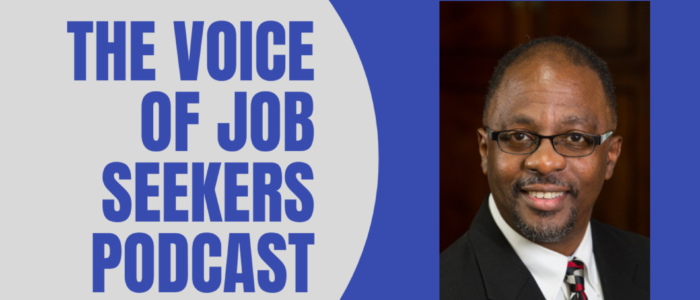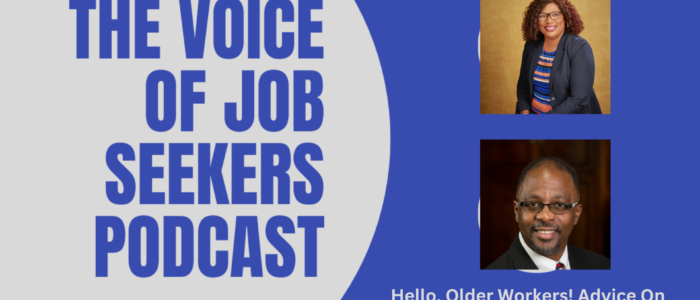
Podcast: Play in new window | Download | Embed
Subscribe: Apple Podcasts | RSS
I explain the significance of the following events in the past two weeks, which should inform us of what is to come in job scams, job fishing, and recruiter scams. The FTC categorizes them as imposter scams (FTC, 2/9/24).
“ResumeLooters” refers to scammers accessing and stealing private information from job portals in Asia. In the U.S., we need to start taking precautions to protect our information on any portals we signed up for to fill out applications and resumes posted.
One action (if you haven’t already) is to use a third-party phone number like a Google number. Many people use Zelle or Cash App already, and if it’s the same number on an attacked job portal, the possibilities may be endless (or my imagination is running too wild).
Consider how recruiters can bait unsuspecting job seekers via text, citing a platform where a real profile resides. They will sell the number to other scammers, creating an endless cycle of fake jobs from various sources.
There are resumes with physical addresses, and it’s likely to create more of a vulnerable profile for scammers to pose as you for deviance.
Within the last couple of weeks, Purdue University reported students were sent fake job postings through email by scammers. Many universities still need to introduce this discussion to their students. It’s a severe vulnerability outside and inside education in the last two years. The FTC reported scams are more frequent among younger people.
Today’s technology is more sophisticated than ever. Scammers are masquerading as saviors in the employment world. They can copy legitimate communications, use virtual tools to clone real recruiters to offer fake jobs, and duplicate company emails to look authentic (ex. NBC Connection, 2/14/24).
My video offers a perspective and a warning. It’s worldwide, not just in the U.S. I hope I’m wrong in saying it will inevitably happen globally. Take time to research the validity of any contact, report it as phishing, block the sender, and use apps to block calls. Start setting up your filters to see as few spam emails as possible.
You are more than welcome to join the discussion. Here are three ways you can:
– Call and leave a voicemail at 708-365-9822, or text your comments to the same number
– Go to TheVoiceofJobSeekers.com, press the “Send Voicemail” button on the right side of your screen and leave a message
– Send email feedback to mark@thevoiceofjobseekers.com

